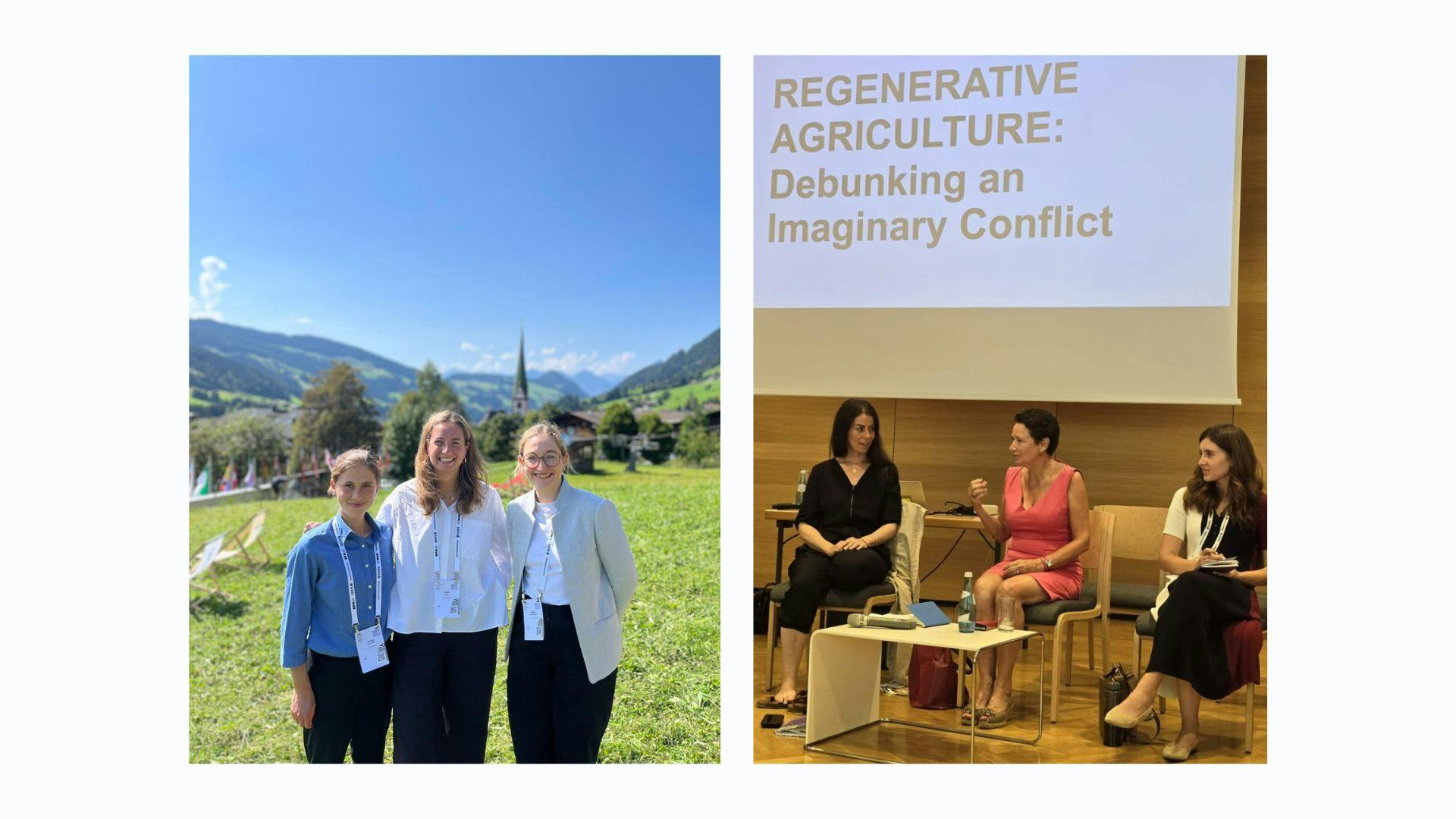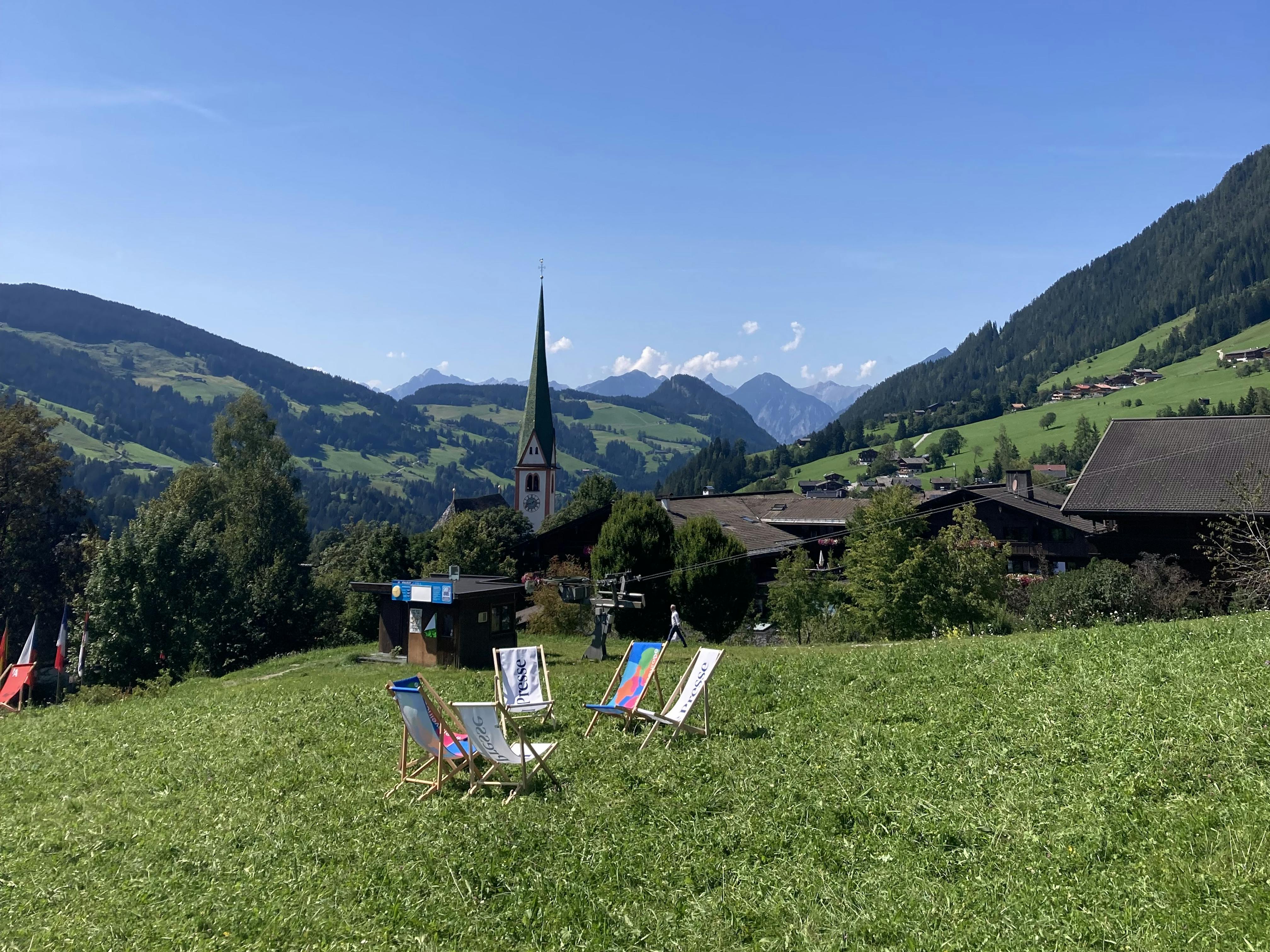As the European Union (EU) faces multiple challenges and crises, the discourse surrounding its future increasingly centres around the nature of its governance structure and its democratic fabric. The crisis of democracy in the 27 member states inevitably is reflected at the EU level, with increased contestation and politicisation of decisions taken by the EU.
While the institutional set-up can be considered democratic, the relatively low engagement in EU elections, weak European political parties and a fragmented European public sphere make the EU still subject to discussions around its “democratic deficit”. On top of this “unfinished” political system, EU democracy has also come under strain with two developments. First, the far-right forces gaining ground threaten the EU as a political system but also the democratic fabric in the member states. Second, the rise of foreign interference and online disinformation has reinforced anti-European narratives in the media and on digital platforms
During the discussions at European Forum Alpbach, several approaches were put forward to counter democratic backsliding in the EU while reviving EU democracy. The following blog post puts together these suggestions, from improved participatory mechanisms to reforms.
Bridging the disconnect between decision-making and citizens through participative formats
Democracy does not solely hinge on strong institutions; it also relies on the active participation of its citizens. In an attempt to improve citizen participation, the Conference on the Future of Europe was organised in the last mandate, with mixed results. This dialogue format was criticised for being merely a communication exercise for the institutions, rather than a true attempt at participatory democracy in the EU. While strategies to improve communications are essential to inform EU citizens, they are not the same as true participatory democracy, where citizens share power and decisions with the other institutions, such as the European Parliament.
Despite the limitations of this first exercise, it has shown that EU decision-makers have understood that citizens need to be better included in decision-making outside of elections; and that it would help reflect the diverse perspectives within the Union. As a result, citizens’ assemblies have emerged as a promising mechanism for deeper engagement which are likely to continue in the new mandate. However, without a robust public sphere, the effectiveness of these assemblies risks becoming mere window dressing, leading to continued feelings of disenfranchisement.
Safeguarding democratic standards in the EU
Populists have a “thin” definition of democracy according to Jan-Werner Müller, which means that elections are seen as the only true factor to count in democracy. Other areas - such as media freedom, party pluralism, an independent civil society and the separation of powers with an independent judiciary are seen as secondary. However, these factors play a hugely important role to ensure resilient democracies across the EU.
This is why the EU will have to better safeguard the basic values enshrined in Article 2 TEU, for instance by widening the use of the rule of law conditionality mechanism and being systematic with infringement procedures when member states do not comply with EU law. Additionally the EU should continue on its pathway to counter disinformation and foreign interference, without shrinking the space for independent civil society within the EU that works to keep democratic standards. The same holds for the EU’s endeavours to strengthen media pluralism, for instance with the European Media Freedom Act.
Investing in civic education and media literacy
Strengthening democracy at the citizens and grassroots level is essential to foster a renewed sense of ownership and responsibility for citizens. The British riots in August 2024 were fueled by misinformation and illustrate the dangerous consequences of a misinformed electorate.
Civic education and media literacy programmes play a pivotal role in this process. They help to equip citizens with the tools necessary to engage in difficult conversations and navigate conflicts in a non-violent way. In addition, they would allow citizens to discern reliable information sources. Civic education remains a controversial topic, especially as governments and citizens in Central and Eastern Europe have in mind the former Communist countries “state education” programmes, which dictated what they should believe. However, programmes encouraging a more nuanced appreciation of democratic principles among citizens and strengthening their critical thinking would be useful.
Targeted programmes for young people can also help cultivate a generation of informed citizens who value diverse perspectives and engage in constructive debates. Lifelong learning initiatives can further ensure that all demographic groups feel included in the democratic process.
EU Treaty reforms vs. incremental steps
Another widely discussed issue was the possibility of Treaty reforms in the coming years. While Germany and France seemed rather inclined, and the European Parliament having published its Art. 48 report, the political context seems not propice to open a process of Treaty reforms. Despite the lacking political dynamic, two things could be done: First, prepare for Treaty reforms anyway, as sometimes the political window of opportunity can quickly appear. Second, there are several steps that can be taken to improve EU decision-making within the current context of the Treaties. In particular, the decision on the NextGenerationEU package in 2020 was clearly born out of political necessity - and the institutions found a way to make sure that the European Commission could have new borrowing powers on the financial market in order to help member states get out of the Covid-19 economic slump.
Another issue that was discussed during the sessions was the need to reform EU citizenship law. The EU’s freedom of movement has allowed EU citizens to move freely from one country to the other - but without necessarily granting them the rights to participate in elections in their country of residence (only for communal elections). This potentially leads to feelings of exclusion and disenfranchisement, especially as in certain countries citizens do not have the same access to voting rights, which are still governed under national laws. These inequalities in terms of voting rights underscore the need for reforms in EU citizenship law, in order to better reflect the realities of a mobile population.
Improving and holding accountable national political parties
Another important topic of discussion was the need for national political parties - in the democratic spectrum - to step up their game. First, these organisations should make sure to better engage and represent certain electorates, especially non-voters and those more likely to vote for the far right. For instance, the German Social-Democrats divested from the German states in the East, whereas the far-right Alternative for Germany made sure to be in marketplaces and to seek proximity with the voters.
Second, the independence of political parties from vested interests was reiterated, especially in view of the Qatargate scandal in the European Parliament. Public funding was seen as critical to allow for a level playing field and truly independent parties, as opposed to reliance on private financing, sometimes also from abroad, with shady links to authoritarian regimes. National political parties need to ensure that their candidates represent the interests of their constituents first and foremost. Finally, the discussants also mentioned that they would prefer to move away from leader-centric models of parties built around certain political figures, and go back to more policy-oriented and ideological cleavages.
Conclusion: Democracy as a practice
Above anything else, building trust in democratic institutions is paramount for the future of the EU. Citizens must feel an emotional bond to democracy, recognising it as a safeguard for their rights and interests. The fears that drive support for far-right movements often stem from anxieties about the future, particularly regarding economic stability and social cohesion. Addressing these fears through transparent governance and community engagement could help re-establish faith in democratic processes. Another crucial aspect to restore trust will be for decision-makers - both in government and in opposition, at national and at EU level - to propose positive perspectives on the future rather than a defence of the status quo vs. a regressive vision of renewed nationalism.
Democracy in the EU is a unique feature, and remains incomparable to democratic structures at the national level. While this is a known fact, many suggest to reform EU democracy and to transform the EU into a political system based on such national governance models. However, any fundamental changes should take into account the specific nature of the EU’s multilevel political system; and keep in mind that the EU’s system is directly affected by changes in democratic structures at national level, for the better and for the worse.
Generally, both the EU and its member states should back participatory approaches to engage citizens meaningfully, consolidate and extend instruments that safeguard democracy and invest in civic education and media literacy much more forcefully. This will allow the EU to remain a resilient and responsive political system in the future. This path forward requires collective effort, and most importantly a commitment to viewing democracy not merely as a system of governance but as practice.

Related links:
- Euractiv Poland with Geneviève Pons-Deladrière, CEO of Europe Jacques Delors, exploring the priorities of the upcoming Polish presidency in the EU: https://www.euractiv.pl/section/rolnictwowpr/interview/przyszlosc-rolnictwa-w-ue-jak-wywazyc-interesy-narodowe-i-zrownowazony-rozwoj-wywiad/
- ORF conversation with Anna Lührmann and Sophie Pornschlegel: https://lnkd.in/dddG8yiN
This blog post is part of a series of blog posts in collaboration with the European Forum Alpbach 2024






